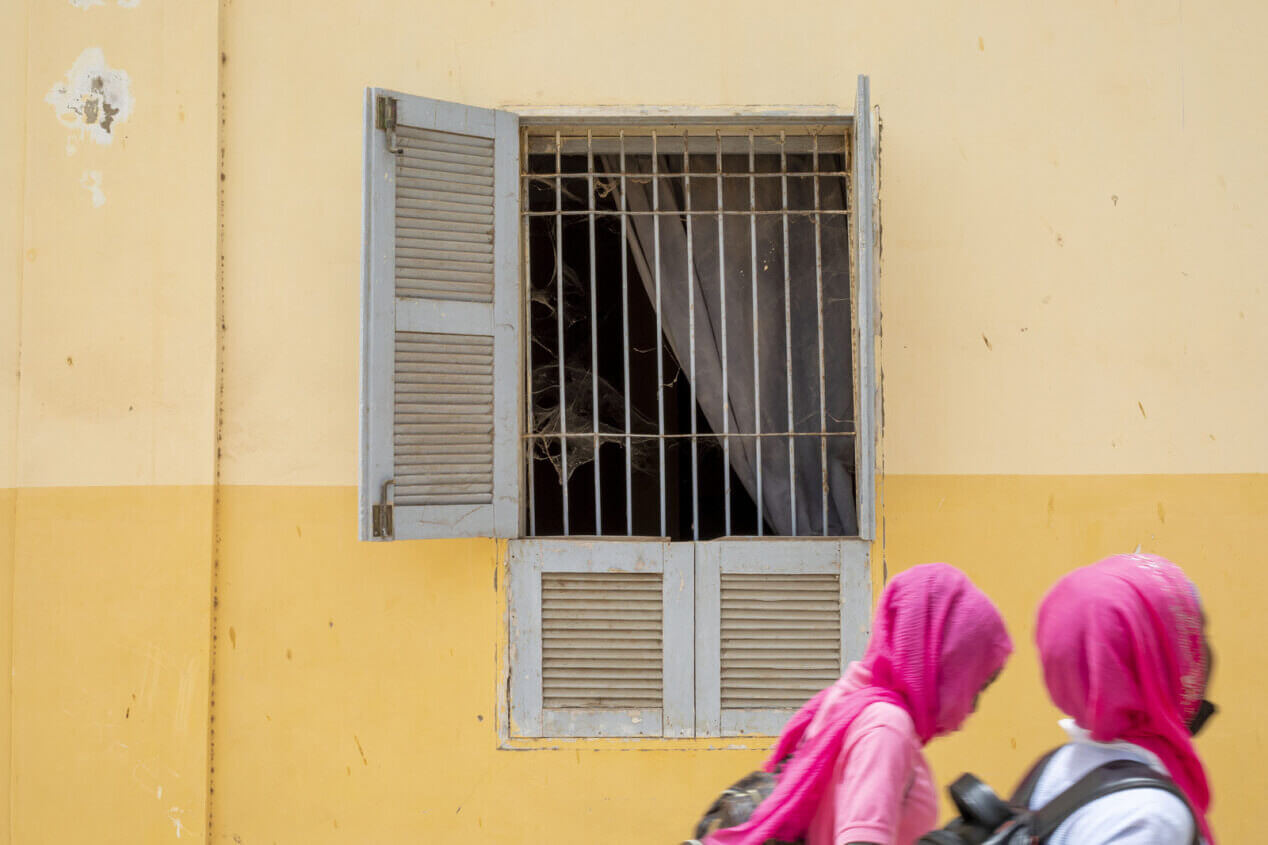
Responding to gendered violence
Frontline reproductive healthcare staff, like MSI providers, can often be the first person a survivor shares their experience with, so are uniquely placed to help them get the support they need.
Violence against women: a shadow pandemic
Women across the world experience sexual and gender-based violence every day, most often at the hands of their male partners and family members. With women locked in their homes with their abusers during COVID-19, the world was confronted with an alarming ‘shadow pandemic’ of gender-based violence. MSI witnessed a rise in the number of our clients disclosing experiences of sexual and gender-based violence.
736 Mil
(1 in 3) women worldwide experience gender-based violence
Every 11 minutes
a woman or girl is killed in their home by their husband, partner or family member
33%
increase in domestic violence reports to MSI UK during the Covid-19 lockdown (a global trend)
How is gender-based violence related to reproductive health?
Gender inequality is at the root of sexual and gender-based violence. It’s also why women are still denied autonomy over their own bodies and reproductive choices across the world.
Sexual assault, forced pregnancy, reproductive coercion — these are all forms of gender-based violence that intersect with sexual and reproductive health. Men’s violence against women is a way of exerting control. It’s perpetuated by cultural and societal norms that connect masculinity to power, violence, and an entitlement to women’s bodies.
MSI fiercely defends a woman’s right to be safe and to have bodily autonomy. We play a small but crucial role in a much wider response to the immense crisis of sexual and gender-based violence.
A focus on women and girls
Our focus is on women and girls because most of MSI’s healthcare services centre on integrated women’s health services. Acknowledging that all genders including men, transgender and non-binary individuals also experience sexual violence, we aim to provide high-quality, stigma-free treatment to anyone seeking our services.
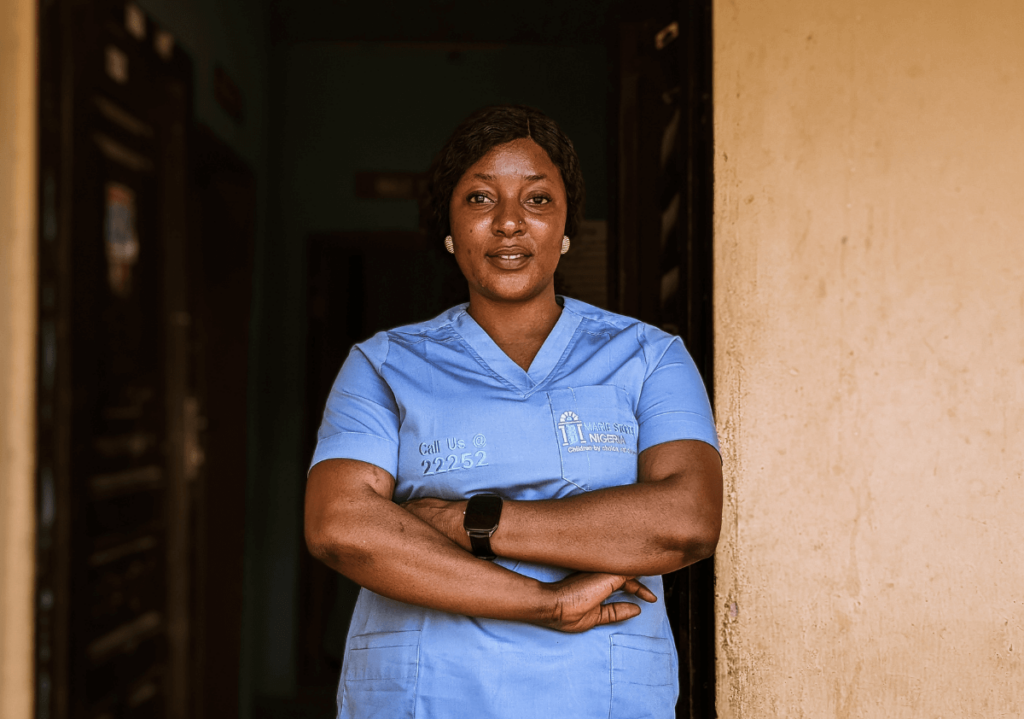
How sexual and reproductive healthcare providers support survivors
As healthcare providers, we offer a space where women can talk freely about their sexual experiences and health, knowing that anything they discuss will be confidential and met without judgement. So, it’s unsurprising that our team members are often the first (or only) people to whom women will reveal their experiences of domestic violence and sexual violence.
It’s essential that any client accessing sexual and reproductive healthcare can safely disclose experiences of violence and be met with understanding and support.
Wherever we can, we integrate support for survivors into our work because women seek our care and services. Supporting survivors is an obvious and vital extension of our work helping women live healthy and autonomous lives.
Across our global partnership, we have varied and localised guidance, training, and safeguarding measures in place, so that when a client discloses that they’ve experienced violence, MSI frontline staff can respond in three affirming ways:
Providing immediate frontline healthcare
In cases of sexual violence like rape, we offer survivors timely sexual and reproductive healthcare like emergency contraception, pregnancy testing, HIV and STI testing and management, abortion, and post-abortion care.
Responding with compassion, confidentiality, and choice
By creating a safe space with a survivor-centred approach, we validate a survivor’s experience and put them in control of their next steps.
Referring survivors for further support
Beyond the first response health services and emotional support that we offer, survivors may need to access other critical services. We have local referral pathways in place so we can refer survivors to trauma counselling, legal or economic assistance, shelters, child protection, and other forms of specialist support.
We must raise our voices. MSI joins the global 16 Days of Activism Against Gender-based Violence. It begins on the International Day for the Elimination of Violence against Women (25 November).
Responding to high rates of violence in the Asia-Pacific region
In Papua New Guinea (PNG), 3 out of 4 women experience violence or sexual harassment. Sexual and physical violence at the hands of partners and family members is commonplace. This issue spans the Asia-Pacific region, and only worsened during COVID-19.
MSI PNG and several other country programmes have worked hard to embed local sexual and gender-based violence responses into MSI’s services, thanks to the Australian government funding a targeted programme called RESPOND.
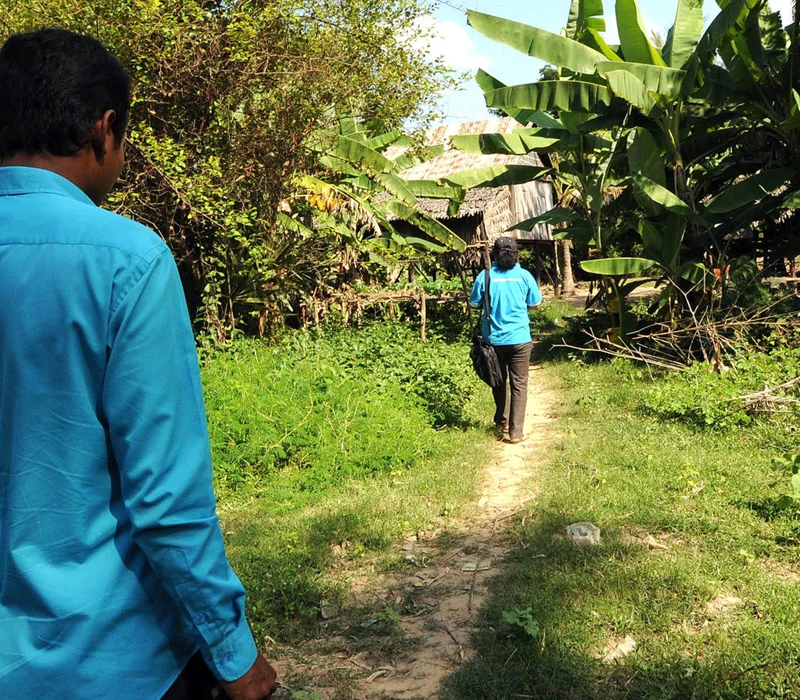
Edward Karapen is MSI PNG’s Sexual and Gender Based Violence Mentor. He trains MSI providers and builds referral pathways to support survivors.
“During appointments, we give women an opportunity to talk about vulnerable, personal and intimate experiences and choices. It might be a survivor’s only chance to talk to someone about [their experiences of violence]…we must be able to help.”
In a recent blog post, Edward writes about MSI’s work helping survivors across the Asia-Pacific region, with striking examples from PNG, Bangladesh and Nepal.
Referring survivors to specialist support saves lives
Every client’s experience is unique. While MSI providers listen empathically to survivors and provide first response medical care and emotional support, some need further help. They may need specialist gender-based violence counselling, a lawyer, help with their financial situation, or a shelter where they can stay to escape violence.
We identify and map local services and develop partnerships with local organisations and specialists in the areas where we work. That means when a client wants further support, we’re able to let them know what local services are available and can connect them.
These local organisations also refer survivors to MSI when they need sexual and reproductive healthcare. For example, the Katswe Sisterhood is a youth movement supporting survivors of gender-based violence in Zimbabwe, and they refer survivors to MSI. They offer pre-paid vouchers for them to access our services like HIV testing and contraception.
MSI’s local teams work hard to build and maintain these referral pathways. As Dr Pyae Sone Aung from MSI Myanmar tells us:
“I attend coordination meetings in my township to share information about what healthcare services we can offer and build relationships with other service providers. Recently the local legal clinic has referred survivors to us for reproductive healthcare.”
While 28-year-old Joana (name changed), accessed contraceptive services from our outreach team in Timor-Leste, she disclosed both her disability and her multiple experiences of sexual assault resulting in two unwanted pregnancies. With empathetic care and counselling, we were able to provide her with her choice of a contraceptive implant and let her know about local services that could help her further, like legal assistance and counselling support.
Together with other organisations, we offer pathways and choices. The client is always in control of what they want to do, whether that’s pursuing legal action or seeking other types of help, whenever the time feels right.
[I had an abortion] because of the person I was with. Our relationship was very violent. As a child I suffered beatings and humiliation… I didn’t want that for someone coming into the world. [The MSI provider] gave me a lot of guidance in the process and I didn’t feel judged.
Carmen (name changed)
MSI client in Mexico
Addressing the social norms that give rise to gender-based violence
MSI is a proud advocate for gender equality. Recognising that this will only come about with large-scale systemic change, we use our global reach, our partnerships, and our trusted reputation to create change on every level.
Part of this work is challenging the harmful policies, norms and practices that restrict bodily autonomy and normalise violence.
Our various country programmes tackle this in different ways. In Papua New Guinea, the team are rolling out tailored, local campaigns to build awareness of the harm caused by violence against women. And in Tanzania, MSI’s local staff have developed male and youth engagement sessions so men and boys can play an active role in ending gendered violence.
Engaging communities—especially young men and male community leaders—in discussions on power, cultural norms and gendered violence is leading to vital and lasting change that will save women’s lives.
MSI’s frontline teams come across survivors of sexual and gender-based violence in all 36 countries where we work. Entrusted with clients’ private experiences and choices, we’re committed to supporting women where they are and with what they need.
Learn more and support
Read more in a recent blog post on supporting survivors, sign up to receive updates on MSI’s work, and donate to support this life-changing work.

Blog: supporting survivors in Asia Pacific
Edward Karapen, MSI Papua New Guinea’s Sexual and Gender-Based Violence and Inclusion Mentor, gives us a glimpse into MSI’s work to build support for survivors into our services. Read his blog to find out more.
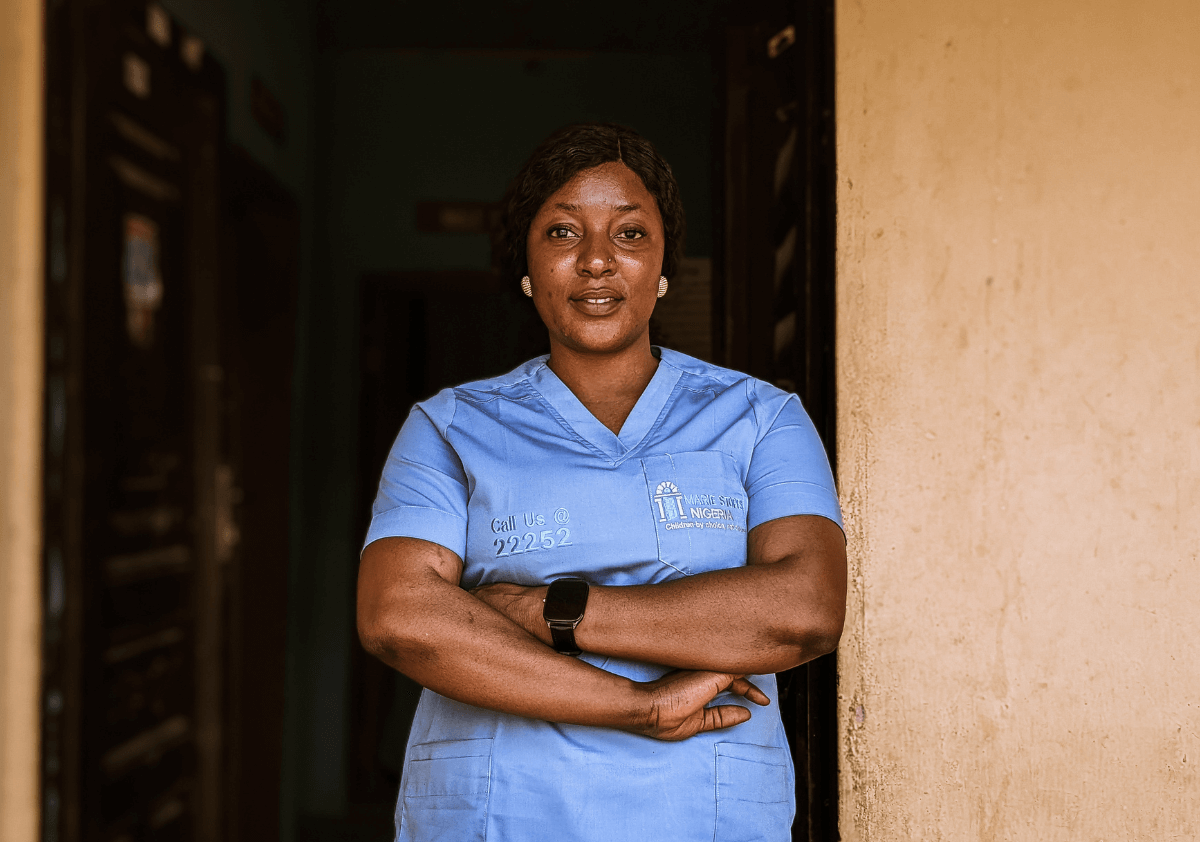
Sign up to receive the latest news and updates
Enjoyed learning about this? Sign up for the latest news and campaigns on global reproductive health and rights and learn how you can help.
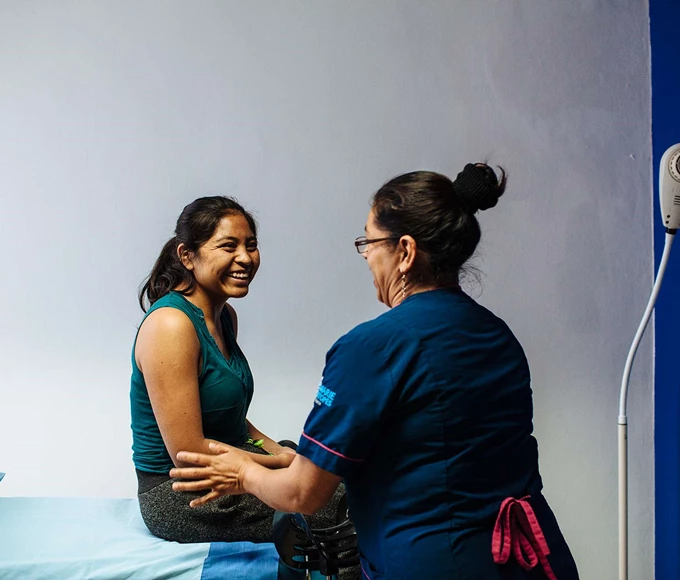
Donate to support women and girls
Our providers work around the world delivering sexual and reproductive healthcare for millions of women and girls, and SGBV is a critical part of this work. Support reproductive choice with a donation today.





